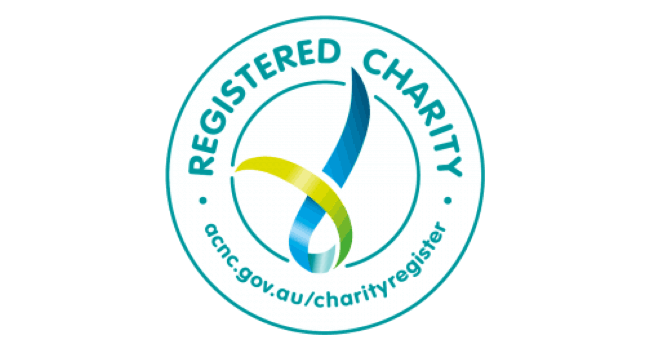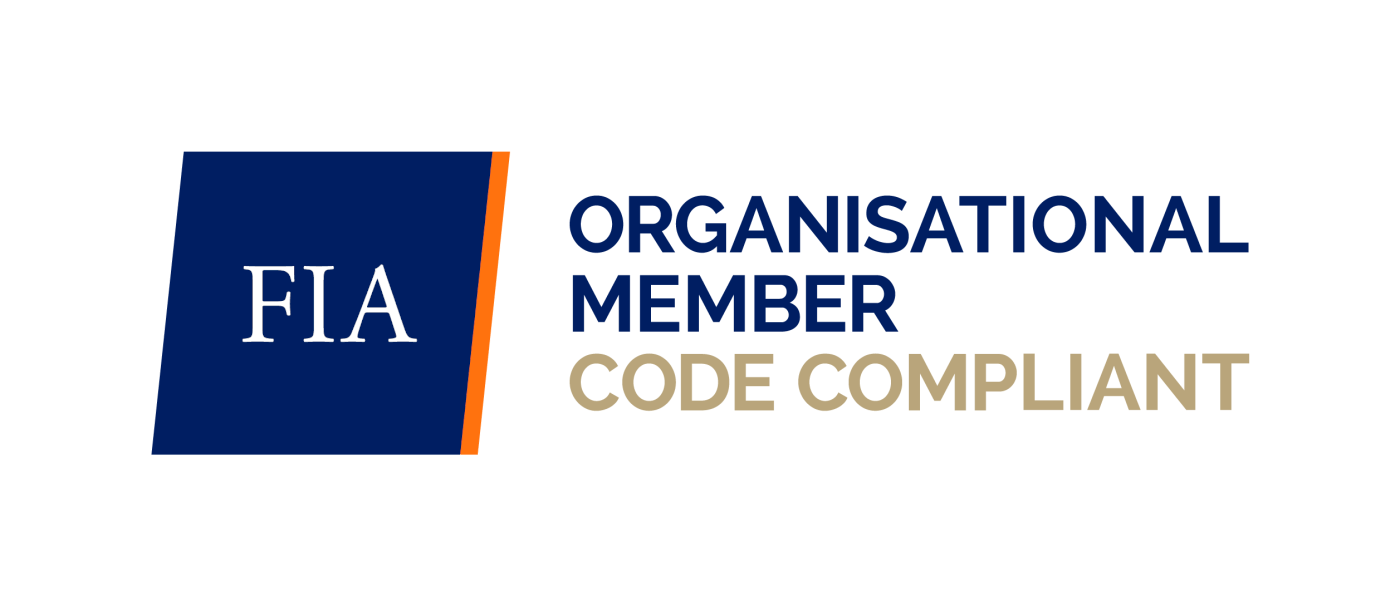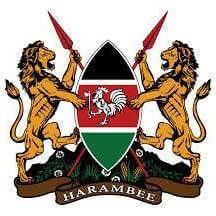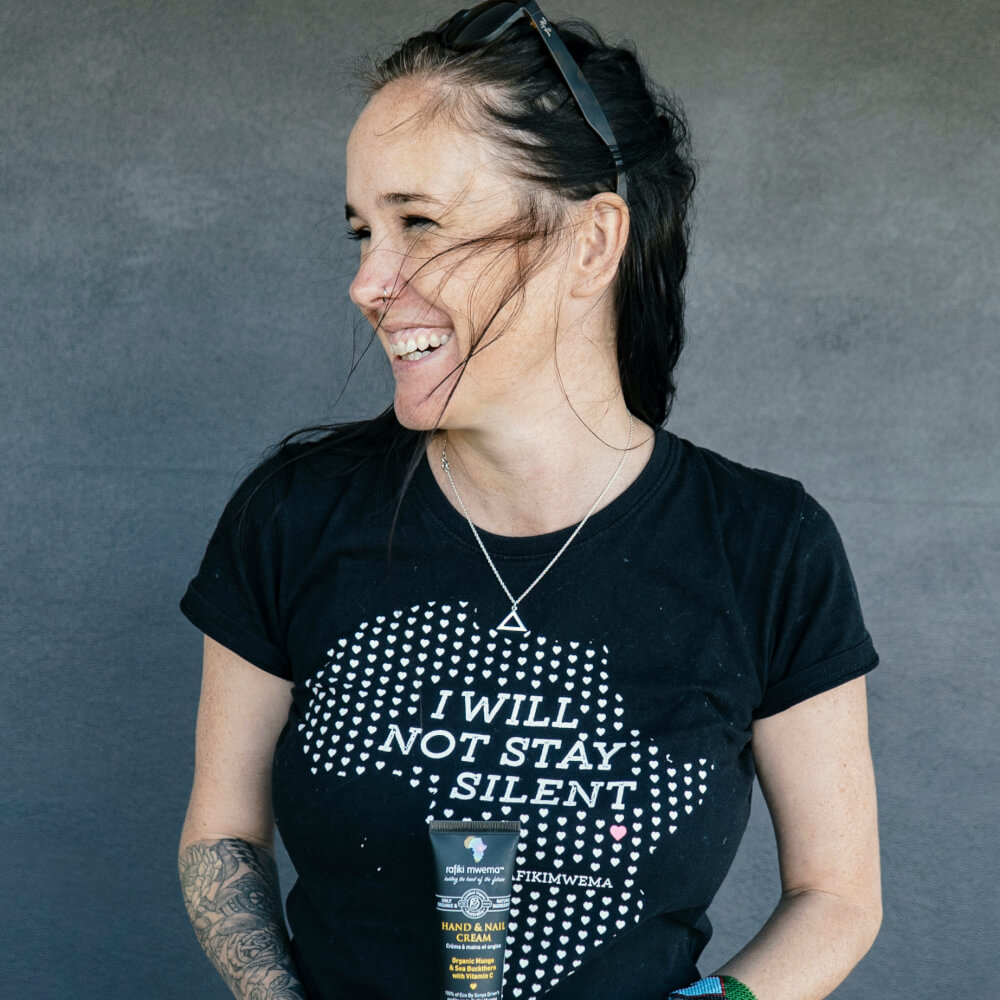 Anne Marie was interviewed by Kidspot for this article in response to the four corners program: Australia’s Shame.
Anne Marie was interviewed by Kidspot for this article in response to the four corners program: Australia’s Shame.
Here is what she had to say, in full:
Having watched the Four Corners report I am immediately struck by the similarities between the experience the young men in the shocking and sickening television documentary and those of the boys who have survived on the ferocious and frightening streets of Kenya, where extreme violence and torture can be part of their daily lives; Where the very people that should be protecting them, as the young children they are, are the very beings who abuse and violate them. Somehow, this happening in Kenya is almost more palatable than it happening right in the centre of the Australian reform service. I am not quite sure why as ALL kids deserve love and protection.
Both sets of young men have received beating, humiliation and life-fearing situations in the ‘hope’ that they will change their ways. This can’t happen until the way these young men are ‘parented’ changes.
People who have experienced trauma, especially as a baby or young child, have a different chemistry in their brain. Trauma literally changes the way a brain functions. Those of us who have been loved and cared for in a good-enough way experience adults as safe and we have trust in them. The opposite is true of children who have lived through trauma, as the boys from the streets of Kenya and the boys portrayed in the documentary have. Trauma changes brains and so we have to change the way we respond to trauma brains.
By isolating, abusing and punishing the behaviours of these young men, society creates adults who become more dangerous and controlling, and can end up as the most violent and scary and are a high percentage of adults in our prisons.
We need to break the cycle of abuse and we have done exactly that in our therapeutic houses in Kenya for some of the most damaged and vulnerable boys on the planet, and we are experiencing outstanding results.
At Rafiki Mwema we have two separate therapeutic boys houses where we live as a family. We have very clear rules of no shouting, no abusing, no hurting and no shaming. Our staff are trained in understanding trauma and attachment (the impact of early experiences and parenting) and we offer a supportive and reflective system for the staff that support such traumatised young people.
We use a model known as Dyadic Developmental Psychotherapy (DDP) developed by Dr Daniel H Hughes. DDP can help children who have experienced developmental trauma have been hurt and/or neglected within their families in their early years. Children can be traumatized by these experiences and find it difficult to feel safe and secure.
All our staff ‘parent’ our boys using an approach known as PACE. The attitude of PACE offers an unconditional relationship expressed through playfulness, acceptance, curiosity and empathy. We show a deep interest in our young boys and how they communicate with us through curiosity about and acceptance of this experience alongside empathy for the struggles this experience can bring.
PACE helps to demonstrates the fun and joy in the relationship while at the same showing we are able to be alongside the difficulties the boys are experiencing.
If our boys act out – and they do – the first thing we do is establish safety for everyone, and then when the cortisol has diminished and the boys are calm we acknowledge their thoughts and feelings with them. We accept how they are feeling and we have huge empathy with how they truly believed they had no other option than to act out. We begin to build trust and diminish shame. We hold really really firm boundaries, but we fill those boundaries with love and acceptance.
If there is a consequence to the breaking of boundaries, our boys will team with their key worker to fulfill that consequence. This is not something that is punitive or shaming, but something that gives them the opportunity to share time with a person they can build a safe and trusting relationship with.
We have two houses; one has recently had its 2nd birthday, the other is 6 months old. All our boys have shown huge improvement and are manifesting into loving and kind young men. This is not a short path we are walking with them, but it is a path that will lead to them being valued and respected members of their communities. A path that may lead to them being good friends, partners and parents. Where they love and respect themselves and those around them.
Our boys, who were described as scum and vermin, are accessing education and trades, are able to show empathy to others and have a future.
I am saddened to think what might become of those frightened lonely and vulnerable young men in the most heart-wrenching documentary I watched today.
If you are looking to change the future of these young men, they need to be shown respect. That is not something they need to earn. Respect is a basic human right and the beginning of a safe relationship.
You can change the outcome for these young men, only if you make drastic changes to your approaches. It can and does work.
Anne Marie xx





